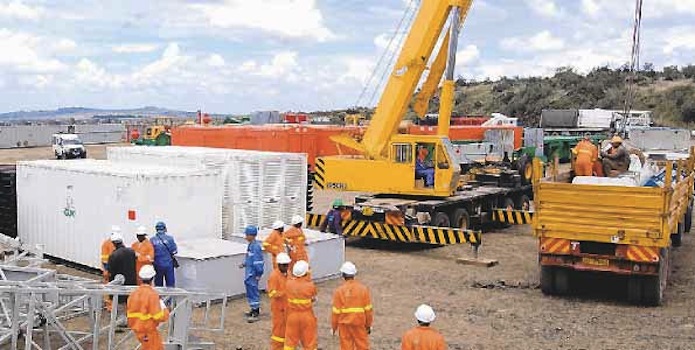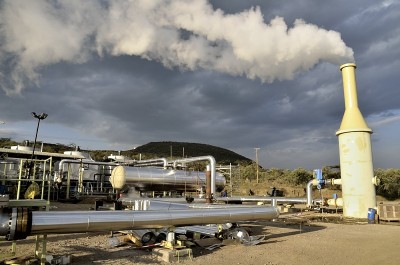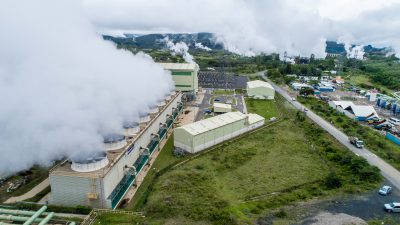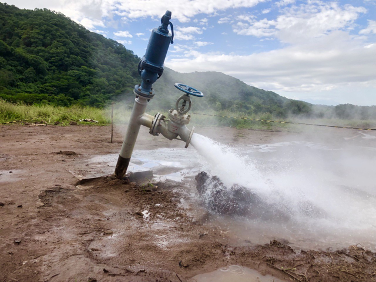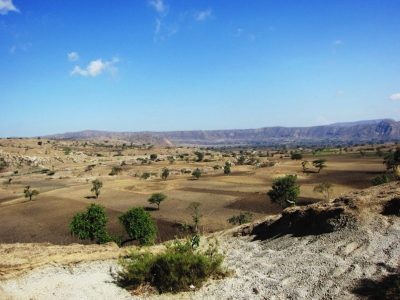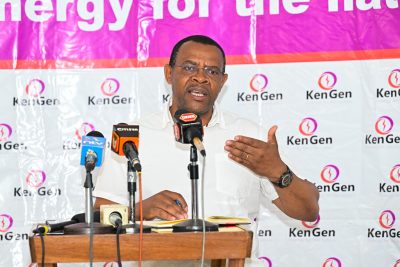Kenya: Critical voices on secret drilling contract with Chinese company
There are critical voices on a secret contract made with Chinese Great Wall Drilling Company. The MOU lays down details on the drilling of up to 80 geothermal wells at a total cost of about $400 million financed by Chinese Exim Bank.
Reported over the weekend, “A Chinese contractor, the Great Wall Drilling Company, has secretly signed a memorandum of understanding with the Kenya government to drill 80 geothermal wells, with funding expected to come from the Chinese Exim Bank.
Although Kenyan officials were keen to play down the significance of the deal, arguing that a memorandum of understanding was not a commitment, the deal has once again exposed the tactics Chinese construction companies employ to bag multimillion-dollar contracts, especially when they are pitted against contractors from Western Europe.
The geothermal sector in Kenya is the new battlefield, with Western development finance institutions and the Chinese Exim Bank scrambling for a stake in what has quickly emerged as the preferred target for international development finance intuitions.
Under the new memorandum, Great Wall Drilling, which has just completed another Exim Bank-supported drilling programme, sinking in excess of 50 wells — has offered a contract price of $400 million for the 80 wells. This works out to an average of $5 million per well. The contract price will include supply of drilling materials.
In reality, the fact that a Chinese company is angling to clinch a big infrastructure project with the support of China Exim Bank is not new. Indeed, tied aid as a phenomenon is commonplace even with contractors from Western Europe.
The point of departure of Great Wall’s new bid is that it graphically demonstrates how the Chinese have perfected the game of circumventing international competitive bidding.
The process of securing a Chinese Exim Bank loan is very different from the typical tied aid project.
The first thing the Chinese contractor does is to approach the client directly with a deal and an offer to sign a memorandum of understanding with an implementing agency — a government utility or parastatal, for example.
The next stage is to lobby the Ministry of Finance to apply to Exim Bank for a loan. The larger the Chinese contractor and the bigger the scale and scope of the project, the more the chances that it will be supported by Exim Bank of China.
And, companies like Great Wall Drilling, which already have the scale and international experience, usually find it easy to mobilise the Exim Bank to support them in winning contracts.
Indeed, Chinese contractors are adept at recruiting politically connected agents capable of influencing decisions across power centres in government.
Which is why it does not surprise that even though Exim Bank of China has not made a commitment to fund the drilling of 80 geothermal wells, Great Wall Drilling has gone ahead and signed a memorandum of understanding with the government on the presumption that concessional financing will follow later. The memorandum of understanding, a copy of which has been seen by The EastAfrican, stipulates the government of Kenya will on its own initiative now seek financing through the government of China in the form of a “preferential export buyer’s credit” for drilling steam production wells.
The documents stipulates that the total amount and financing terms will be provided in a loan agreement to be directly negotiated between the Ministry of Finance — the designated official borrower on behalf of either Geothermal Development Company or Kenya Electricity Generating Company) and the government of China.
Great Wall’s first break in Kenya was a contract in 2005 to drill six wells in the Ol Karia fields.
This was followed by an even bigger contract to drill 15 more wells, which were completed in 2008. Subsequently, Great Wall clinched another contract to drill 10 additional wells.”
The article goes on in lengths on the issues of competition with western and local drilling firms in Kenya and in general draws a very critical picture of it.
Source: The East African
